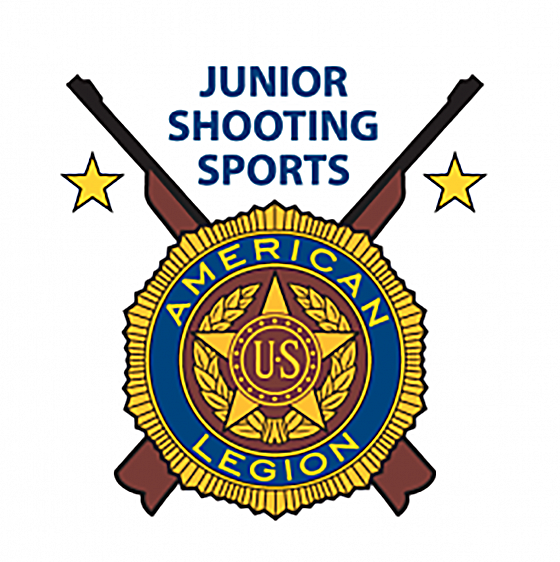
This guide has been developed to assist junior shooting sports chairmen at all levels in organizing and understanding responsibilities for the Junior Shooting Sports Program, administered at either the post or department level, as well as outside entities that may wish to participate in The American Legion’s National Tournament. This guide replaces the previous JSSP admin manual.
Here are resources from the national level of the program:
https://www.legion.org/shooting/resources.
-
Jr Shooting Sports
Who Can Participate?
In shooting sports, you don’t have to sit on the sidelines: Anyone under 18 (or high school seniors no older than 20) can participate. Physical ability and size are no match for mental toughness and discipline in this co-ed skill sport.
Why Shooting Sports?
After demonstrating knowledge of safety techniques, you will join the centuries of Americans who have mastered marksmanship for survival and sport. But the appeal doesn’t stop at our nation’s borders — the best marksmen from around the globe vie for Olympic gold. In fact, 2002 American Legion Three-Position National Champion Jamie Corkish won a gold medal at the 2012 Olympics. As you become a better marksman, you’ll gain responsibility, confidence and self-reliance. To hit your mark, you will also have to improve your ability to concentrate. Plus, you’ll develop a skill you can enjoy and hone throughout your life.
What Will We Do?
You’ll practice and study with your Legion affiliated club, but get to compete as an individual.
Beginner: Safety First
All participants start with rifle safety and fundamentals. The Legion prides itself on safety. There has never been a rifle-related injury in Junior Shooting Sports Program history. You’ll learn the right way to handle, load, aim and fire a rifle.
Intermediate: Build Skills
Once you have mastered the basics, you can take air rifle courses from the National Rifle Association or the Civilian Marksmanship Program through your club. These will help you develop your skills, set personal goals and work to achieve established performance standards.
Advanced: Compete With Others
Your club may hold competitions among its own members, or it may host or attend regional matches. The two basic kinds of competitions are postal and shoulder-to-shoulder. In a postal match, you and fellow participants shoot at targets and then mail them off to be scored. Shoulder-to-shoulder matches are in-person and scored in real-time. The American Legion Junior Three-Position Air Rifle Tournament begins with postal matches. The best 30 junior marksmen from across the country earn an expense paid opportunity to contend for the National Championship in Colorado Springs, Colo. In the same facility where Olympians train, those junior marksmen will compete in a shoulder-to-shoulder match for the title.
How Much Does It Cost?
Some American Legion posts lend participants gear, including rifles, or some equipment. Many charge a registration fee to cover these costs and the cost of the practice facility. Often students are required to provide their own pellets and targets.
Who do I contact?
Contact Minnesota American Legion Junior Shooting Sports Chairman Carl Wilson. His email is carl196545@hotmail.com.